Fake news, exaggerated, biased or distorted stories, sometimes spread in order to culturally or politically influence public opinion, constitute a real threat to democracy, a “wound” inflicted on citizens’ rights to receive information based on verifiable sources. Some stories incite hatred (against foreigners, minorities, people with disabilities), and in some cases even violence … Journalists may have their share of responsibility, the rest is done by social media, where anyone, with no form of external control, can write whatever they want without being held accountable. It’s a serious problem. In fact it’s no longer a question of “social mores.” To the extent that on Monday November 13 the European Commission launched a public consultation on fake news and online misinformation and set up a High-Level Expert Group representing “academics, online platforms, news media and civil society organisations.”

“To improve trust”. First Vice-President Frans Timmermans said: “The freedom to receive and impart information and the pluralism of the media are enshrined in the EU’s Charter of Fundamental Rights. We live in an era where the flow of information and misinformation has become almost overwhelming. That is why we
need to give our citizens the tools to identify fake news,
improve trust online, and manage the information they receive.” Over the past months the problem has mobilized the Juncker Executive and the European Parliament. Now the Commission reiterated its urgency, included in its 2018 Work Programme. The public online consultation will be open until February next. It will be followed by a Report by the Commission, due to be released in late spring, and by a “recommendation”, meant to be viewed as a code of conduct, and perhaps also some form of verifiability of information. Most importantly, it is necessary to ensure that the sacrosanct freedom of speech and information of some will not go to the detriment of others, or to the majority of public opinion. There are countless examples.

Hate, racism, scorn. Clearly, this initiative – launched during an international conference in Brussels (November 13-14) – prompts a set of reflections on the right to inform, in addition to the right of being informed, along with the responsibility of web users. Countless debates were sparked off by the case of online recruiting of foreign fighters alone. However, the problem equally entails incitement to violence (against women, child abuse), the spread of feelings of hatred and racism towards foreigners, mockery of religious sentiments… Andrus Ansip, Vice-President for the Digital Single Market, added: “We need to find a balanced approach between the freedom of expression, media pluralism and a citizens’ right to access diverse and reliable information. All the relevant players like online platforms or news media should play a part in the solution.”

Three priorities. The Commission intends to delve into three areas in particular: first of all “The scope of the problem, i.e. how fake news is perceived by citizens and stakeholders, how they are aware of online disinformation, or how they trust different”; second, “Assessment of measures already taken by platforms, news media companies and civil society organisations to counter the spread of fake news online”, and finally
possible future actions to strengthen citizens’ access to reliable and verified information
and prevent the spread of disinformation online.” The consultation, the Commission pointed out in a release, “only addresses fake news and disinformation online when the content is not per se illegal and thus not covered by existing EU or national legislative and self-regulatory actions.”
The word to citizens. On her part, Mariya Gabriel, Commissioner responsible for Digital Economy and Society, stated: “At the heart of my action lies the defence of citizens’ right to quality information which is a cornerstone of our democracies.” “I want to have an open and broad discussion about fake news to address this complex phenomenon in order to overcome the challenges ahead of us.“ Citizens, social media platforms, news organisations (broadcasters, print media, news agencies, online media and fact-checkers), researchers and public authorities “are all invited to share their views in the public consultation.” The initiative “will gather opinions on what actions could be taken at EU level to give citizens effective tools to identify reliable and verified information and adapt to the challenges of the digital age.” Log on here to access the public consultation.










